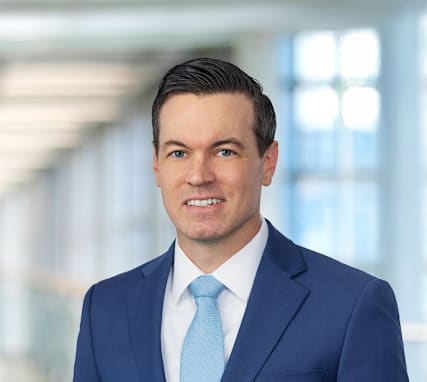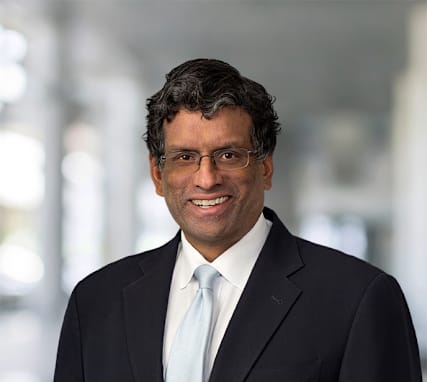The amici are 61 members of the UK’s House of Commons and House of Lords who are members of various political parties or unaffiliated. They are represented in the matter by Reed Smith partners M. Patrick Yingling and Raymond A. Cardozo.
The brief details the parliamentarians’ argument that the U.S. Constitution’s “deeply rooted focus on protecting the innocent” should support Maharaj’s claim for habeas relief based on proof of his actual innocence with no need to show that a constitutional error was made in the Florida trial in which he was convicted. The U.S. Court of Appeals for the 11th Circuit ruled that evidence of such a constitutional error is necessary to overturn the Miami jury’s verdict.
“The 11th Circuit’s approach to Maharaj’s habeas petition is inconsistent with the fundamental value of U.S. law, which is to protect the innocent,” Yingling said. “If its decision is allowed to stand, it will increase the potential for courts to commit an error that lawyers and jurists in England and the U.S. have worked for centuries to prevent – keeping innocent individuals in prison for crimes they did not commit.”
Citing English legal history dating to the Magna Carta of 1215, the brief references the principles of William Blackstone, whose seminal works in the 18th century provided a framework for both the English and U.S. system of jurisprudence, to underscore the parliamentarians’ support for Maharaj’s release.
Born in Trinidad when it was subject to British rule, the 84-year-old Maharaj has been imprisoned in Florida for 36 years for the murders of Chinese-Jamaican businessman Derrick Moo Young and his son Duane Moo Young in a Miami hotel room, crimes he has steadfastly denied committing. Although originally sentenced to death for the crimes, a Florida court overturned his death sentence in 1997 and re-sentenced him to life in prison.
Considerable evidence uncovered after his trial substantiates Maharaj’s innocence. He has presented the federal courts in Florida with evidence showing that members of the Medellín cartel admitted responsibility for the Moo Young murders, but the courts thus far have ruled that the evidence of innocence is not in itself enough to set him free absent an independent, or separate, constitutional violation in the underlying criminal proceeding.
“Thirty-seven years after a drug cartel murdered two of its own members and framed Mr. Maharaj for their murders, he remains behind bars,” Cardozo said. “Procedural roadblocks continue to block Mr. Maharaj’s release. These 61 members of the British legislature are urging the U.S. Supreme Court to grant his habeas petition and set him free before he dies in a U.S. prison for crimes he did not commit.”
About Reed Smith
Reed Smith is a dynamic international law firm dedicated to helping clients move their businesses forward. With an inclusive culture and innovative mindset, we deliver smarter, more creative legal services that drive better outcomes for our clients. Our deep industry knowledge, long-standing relationships and collaborative structure make us the go-to partner for complex disputes, transactions, and regulatory matters.
For more information, please visit www.reedsmith.com.

